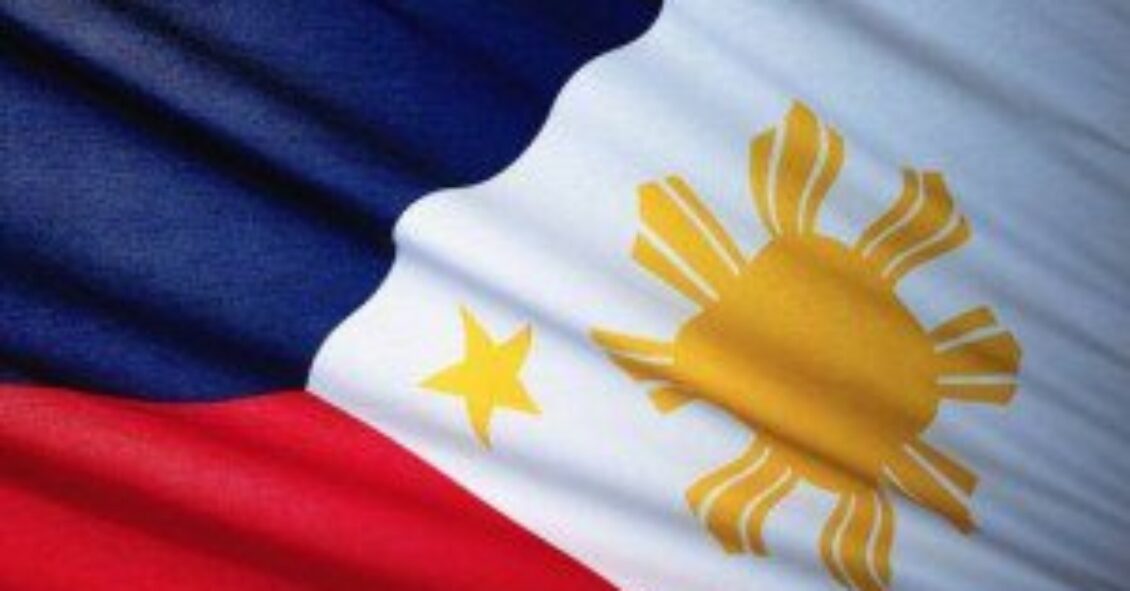
The Philippines has been in the news a lot lately, for a range of negative reasons. But is its risk profile becoming such that U.S. enterprises should stop evaluating it as a global sourcing destination, or that those already there should consider pulling out?
That depends on your perspective, especially when you look at both its risk and benefits profiles. I believe one can argue that the current dynamics in the Philippines are potentially a hidden positive for the global sourcing industry. Yes, this bad thing could actually be a good thing.
Before you tell me I’m off my rocker and should be put in a padded room, hear me out.
Among other things, Philippine President Rodrigo Duterte made statements regarding “separation from the U.S.” This understandably caused concerns among multiple global companies with one or another type of exposure to the Philippines. But the Philippine government subsequently tried to clarify that the statements were reflective of intent in foreign and military policy, not business ties. Although a general tilt in military and foreign policy away from the U.S. may eventually hamper business relations, there will probably be little impact in the near term.
That said, while the uncertainty and noise surrounding the Philippines will cause some companies to slow or moderate their exposure to the country’s labor market, a slowing of its offshoring industry growth could be incredibly helpful.
For example, with somewhat less demand for talent, attrition rates should decrease. With somewhat lower attrition rates, employees are likely to develop in their roles to a greater level of proficiency. Additionally, salary increases are also likely to moderate and, with likely less investment into the Philippines, the Filipino peso may weaken and lead to a more attractive cost base.
In other words, assuming that the actual work environment is not disrupted by the new posture, the labor pool should become more attractive – lower cost and more stable – for those organizations continuing to operate in the Philippines.
From an economic standpoint, despite President Duterte’s saber rattling and the unnerving optics, the ties between the two countries won’t be threatened any time soon. The IT and Business Process Association of the Philippines (IBPAP) reported that the IT-BPS industry represented revenue of US$22 billion to the Philippines, and employed ~ 1.2 million FTEs in the country in 2015. With those kinds of numbers, an economic split can’t happen.
Socially, there are very deep ties between the U.S. and the Philippines, much of which is rooted in the fact that English is one of the two official languages in the country. One of the strongest predictors of social ties is language, as the more easily you can communicate with each other, the easier it is to talk about family, share jokes, discuss vacations…topics that help forge bonds.
It’s true that the Philippines’ risk profile appears to be shifting, but largely in ways that seem unlikely to materially impact business ties. For enterprises willing to manage and continue to operate within that environment, it would appear that the benefits of more skilled, language- and culturally-aligned talent at lower prices could easily outweigh the perceived risks.
Of course, there are numerous things you and your location-scoping team should monitor when considering the Philippines as a sourcing destination. The top five are:
- Trade agreements with the U.S.
- Taxes and incentives for U.S. firms
- Travel policies, including visa’s and travel advisories
- Actions and sentiments of market participants
- 2022 Philippines roadmap for IT-BPO; relative emphasis on the U.S.
Is your enterprise already offshoring to the Philippines, or in the process of evaluating it against other destinations? We’d love to hear your thoughts, perceptions, concerns, and experiences!










